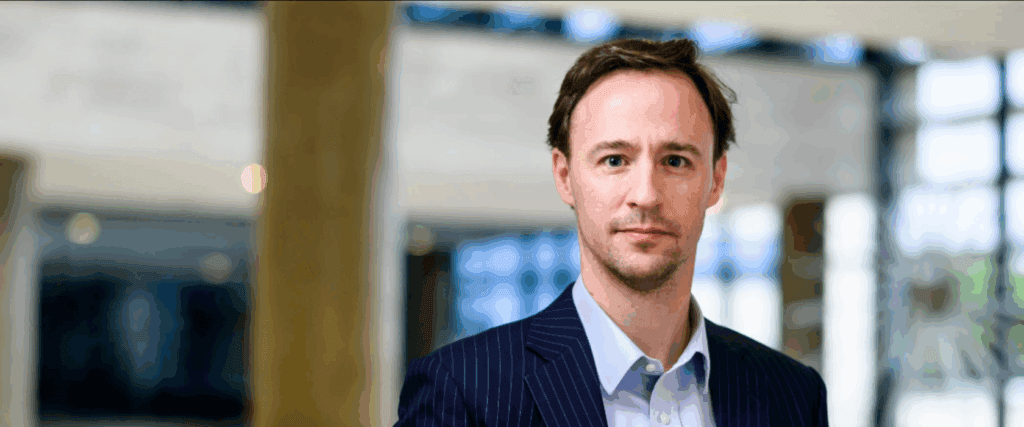The new “Ivy League” of Asian business schools
With growth in MBA applications outstripping the rest of the world, could Asia soon become the go-to place to pursue an MBA? Professor Jochen Wirtz of the National University of Singapore’s (NUS) Business School. Here’s why he believes Singapore is perfectly poised to lead a new Ivy League-type of Asian business school.





